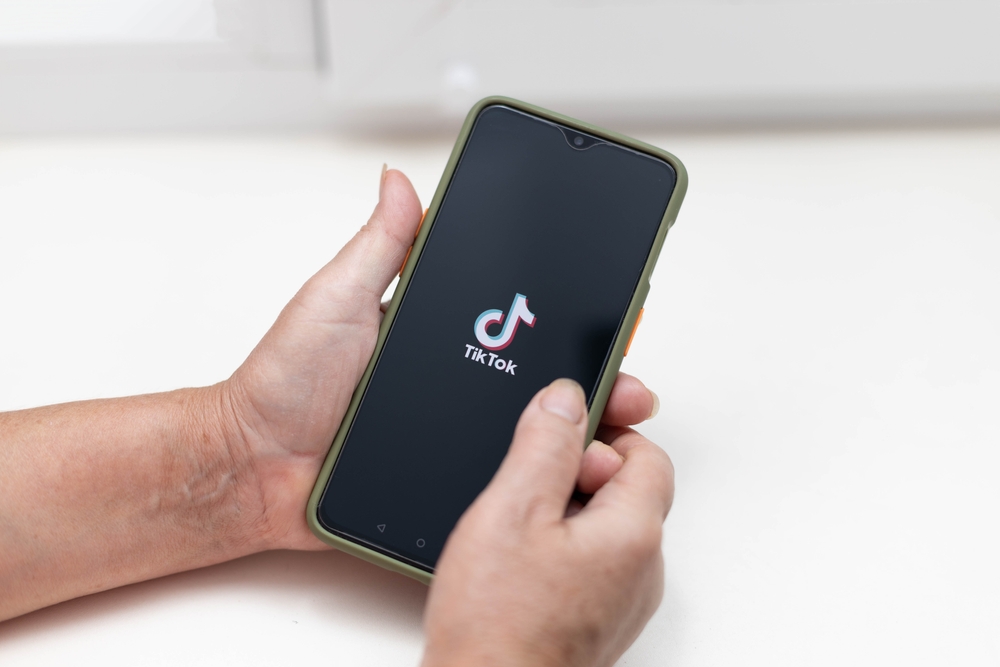The ban is set to begin in early 2025.
Others are reading now
Social media has become an integral part of modern life. Platforms like TikTok connect billions globally, shaping how we communicate and share ideas.
However, the rapid growth of these platforms has also exposed darker sides, from spreading harmful content to fueling real-world violence.
Governments worldwide are grappling with how to balance innovation with safety, particularly for children and teens who are the most vulnerable users.
In a bold move, Albania has announced a one-year ban on TikTok. This decision follows the tragic killing of a 14-year-old boy in November, allegedly by a schoolmate, according to Digi24.
Also read
The murder, reportedly linked to an online dispute, has reignited concerns about the role of social media in escalating youth violence.
Prime Minister Edi Rama addressed the nation, emphasizing the urgency of action.
“During this year, we will shut it down completely. There will be no TikTok in Albania,” he declared after consulting with parents and teachers across the country.
The ban, set to begin in early 2025, is part of a broader strategy to ensure school safety.
The incident highlights troubling trends in social media’s influence. Reports emerged that videos glorifying the killing were shared on TikTok, prompting outrage among parents and educators.
Rama pointed to the platform, blaming it for exacerbating societal problems.
“The problem today is not our children. The problem is us, our society, and platforms like TikTok that take our children hostage,” he said.
Albania is not alone in restricting social media. Other nations, such as France and Belgium, have imposed age-based restrictions, while Australia recently banned all social media use for children under 16.
Critics argue that such bans may not address deeper societal issues fueling youth violence. Still, supporters believe immediate action is necessary to protect young users.








